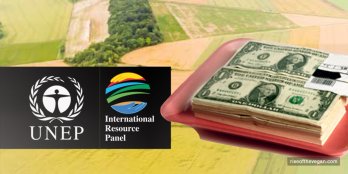
UN advises countries to tax meat industry and cut government subsidies to reduce consumption
Governments should eliminate meat industry subsidies and tax meat production in order to reduce the global rise in consumption and the environmental damage that goes with it, according to Prof Maarten Hajer, the lead author of a IRP report into the impact of food production and the environment.
Hajer told the UN Environment Assembly in Nairobi the world faces serious environmental problems if emerging economies such as China emulate Americans and Europeans in the amount of meat they eat.
"If we were all to copycat the way in which we feed ourselves in North America or Europe with meat, the planet would be in deep trouble," he said.
 The vast majority of crop subsidies directly or indirectly support the production of the least healthful foods.
The vast majority of crop subsidies directly or indirectly support the production of the least healthful foods.
Image credit: Physicians Committee for Responsible Medicine
An agricultural subsidy is a governmental subsidy paid to farmers and agribusinesses to supplement their income and influence the cost and supply of produce. The report recommends eliminating subsidies to unsustainable industries. The meat/dairy industries are recognised as unsustainable - the food productivity of farmland is quickly falling behind population growth, and the only option available to us (short of stabilising population) is to cut back on meat consumption and convert grazing land to food crops. In the U.S. an estimated 56 million acres of land are producing hay for livestock, and only 4 million acres are used to grow vegetables for human consumption.
People are likely to reduce their meat consumption if prices increase due to a meat industry tax. “All of the harmful effects on the environment and on health needs to be priced into food products,” said Hajer, who is a member of U.N.’s International Resource Panel, which comprises 34 top scientists and 30 governments. “I think it is extremely urgent.”
The IRP report predicts a 20% rise in chicken and dairy consumption, and 14% increase in pig and beef over the next 10 years. The report called on governments to push their citizens to eat less meat to avoid the accompanying "disproportionate environmental costs", in addition to encouraging governments to "eliminate subsidies (or tax arrangements) that support unsustainable production or practices".
It found that the food farmed and transported to feed 7 billion people is responsible for 24% of greenhouse gas emissions, and 60% of the loss of species around the world. "This report shows our current food system has to change because it’s not sustainable," said Hajer.
“Dealing with consumer choices is an extremely touchy issue, but you have to deal with it, because there will consequences," said Janez Potočnik, co-chair at the IRP and former EU environment commissioner. "The time is coming when we will not be able to sweep it any more under the carpet."
 OECD countries support their livestock and dairy industries with subsidies worth billions of dollars
OECD countries support their livestock and dairy industries with subsidies worth billions of dollars
Perhaps some of the money raised through taxing meat consumption could be spent on the healthcare and environmental problems the meat industry is responsible for.
Meat and dairy products are linked to many major chronic diseases and research from the University of Oxford shows that the global adoption of a vegan diet would save more than 8 million (human) lives by 2050 and reduce greenhouse emissions by 66%.
The meat industry contributes more to greenhouse gas emissions than the combined exhaust emissions from every form of transportation on Earth, and some studies find over 50% of all greenhouse gases are caused by animal agriculture. Beef is the biggest culprit, and it requires almost 30 times as much land and 11 times as much water to produce as pork or chicken.
As for the health implications the excessive consumption of meat and dairy in developed countries combined with environmental pollution and lack of exercise is causing a wealth of preventable health problems such as heart disease. While western civilisations are dying from strokes, cancer, diabetes and heart attacks after gorging on meat, poor people in Third World countries are dying from disease brought on by being denied access to land to grow grain to feed their families.
It’s clear to see that a meat and dairy dependent diet is unsustainable in the long term. Couple that with the threat of rapid population growth — the current U.S. population is an estimated 325 million and is projected to double in the next 70 years — and even greater stress will be placed an our already limited resources, all of which will have to be divided among even larger numbers of people.

Hajer advised that governments must soon move to limit the major greenhouse gas producer. The idea of a meat tax has developed over the past 25 years as a “completely obvious” measure to economists and environmentalists, Hajer said, as knowledge of the environmental toll of meat emerged.
Governments are starting to take notice. China, which consumes half of the world’s pork and more than a quarter of the world’s meat, announced new dietary guidelines in June this year that advise people to their reduce their average meat consumption by half. China’s meat consumption has increased by nearly five-fold since 1982, even though its population has only increased by 30 percent during that time.
Denmark is currently considering a recommendation from its ethics council that all red meats should be taxed. The council argued in May that citizens were “ethically obliged” to reduce their consumption to curb greenhouse gas emissions.
Meat is terrible for the environment and our health, so it makes a lot of sense to eliminate it. And as more and more people learn about the harmful health effects of meat/dairy consumption they are choosing to no longer allow animals to be killed simply for their taste buds. There has been a significant rise in the numbers of people adopting a plant-based diet, and with increasing numbers of companies offering vegan products it's never been easier to go vegan.
Subscribe!
Love this content?
Receive our awesome newsletter straight to your Inbox!

 Your email address will always stay private.
Your email address will always stay private.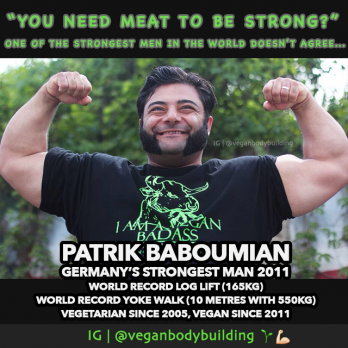

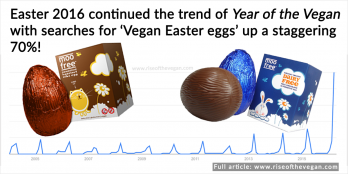



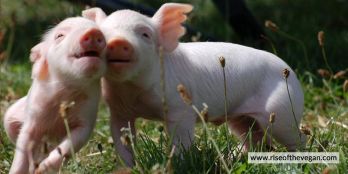
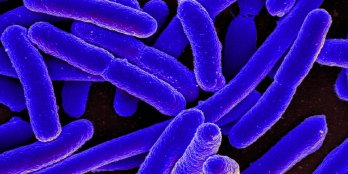
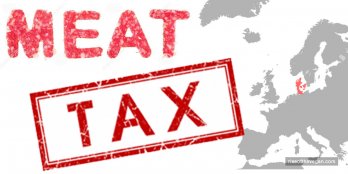







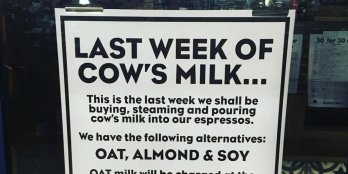

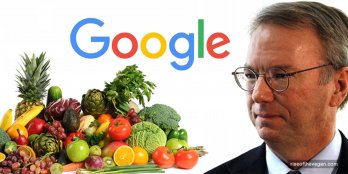



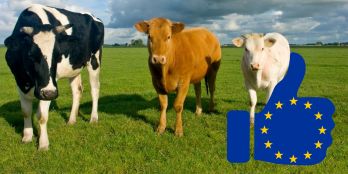

Comments